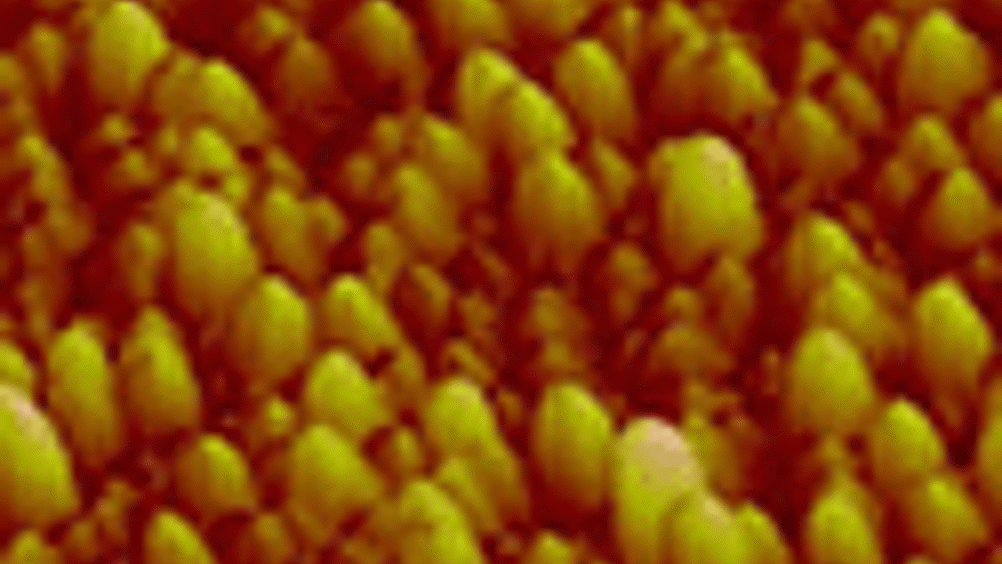Nanoparticle research

A new £1m
The funds were awarded to researchers at
The funding is part of a larger £1.4m research grant to Swansea University and collaborators at the Institute of Materials Research at Leeds University who are developing techniques to accurately measure the nanoparticle dose delivered to biological cells, track the dose dilution as cells reproduce and provide vital information for researchers studying any potential toxic responses.
Huw Summers, lead researcher and chair in nanotechnology for health at
‘As the size of nanoparticles can vary significantly, some being as small as a protein molecule, determining optimal dosages for use in healthcare and beauty products such as sunscreens or cell-based diagnostics will be crucial,’ he said.
Register now to continue reading
Thanks for visiting The Engineer. You’ve now reached your monthly limit of news stories. Register for free to unlock unlimited access to all of our news coverage, as well as premium content including opinion, in-depth features and special reports.
Benefits of registering
-
In-depth insights and coverage of key emerging trends
-
Unrestricted access to special reports throughout the year
-
Daily technology news delivered straight to your inbox










UK Automotive Feeling The Pinch Of Skills Shortage
Not so much attracting skills to the UK but generating skills within the UK is what is needed! That statement suggest they are in effect wanting to...